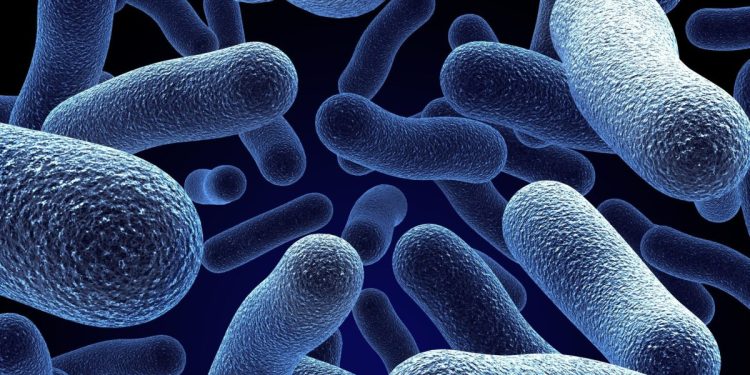#Potatoindustry #Postharvestmanagement #Microbialagents #Supplychainoptimization #Diseasemanagement #Cropconditions #Sustainableagriculture #Biocontrol #Environmental-friendly #Agriculturalinnovation
Microbes have long been recognized for their beneficial effects in agriculture, including their ability to promote plant growth, enhance nutrient availability, and suppress plant pathogens. In recent years, research has increasingly focused on harnessing the power of microbial agents for postharvest management, particularly in the potato industry.
According to a study published in the Journal of Applied Microbiology, the application of specific microbial agents has shown promising results in reducing postharvest losses due to diseases such as late blight (Phytophthora infestans) and bacterial soft rot (Erwinia spp.). These microbial formulations, containing beneficial bacteria and fungi, can effectively compete with pathogenic microorganisms, inhibit their growth, and provide a protective shield against infection.
In addition to disease management, microbial agents have demonstrated the potential to mitigate adverse crop conditions during storage and transportation. A research article published in Postharvest Biology and Technology highlights the efficacy of microbial biocontrol agents in controlling sprouting, greening, and weight loss in stored potatoes. These formulations have proven to be an environmentally friendly alternative to chemical treatments, ensuring safer produce and reducing the environmental footprint of the potato supply chain.
One noteworthy example is the use of Pseudomonas fluorescens, a bacterium that has shown excellent biocontrol properties against various potato pathogens. A study conducted by researchers at the University of Idaho demonstrated that the application of P. fluorescens significantly reduced the incidence of late blight and blackleg, leading to improved quality and prolonged shelf life of stored potatoes.
These findings highlight the immense potential of microbial agents in potato postharvest management. By integrating these formulations into the supply chain, farmers, agronomists, and agricultural engineers can enhance the quality and marketability of their potato produce while reducing losses caused by diseases and adverse conditions.
The utilization of microbial agents in potato postharvest management represents a new frontier in supply chain optimization. By harnessing the power of beneficial microbes, we can effectively combat diseases, reduce the need for chemical treatments, and improve the overall sustainability of the potato industry. Embracing this innovative approach will not only benefit farmers and farm owners but also contribute to the long-term viability of potato production.







